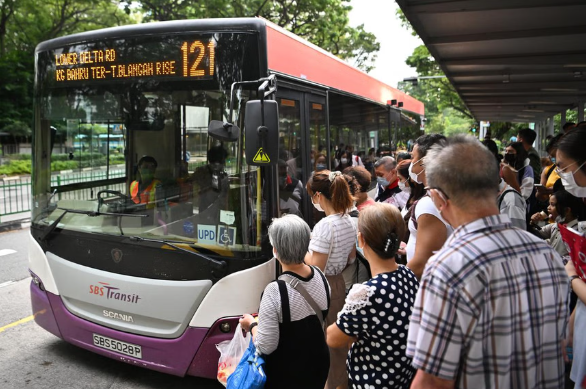Government Balances Affordability, Sustainability Amid Rising Costs
Singapore’s public transport fare increases are based on macroeconomic changes such as core inflation, national wage growth, and energy prices, rather than the actual costs of transport operators, said Acting Transport Minister Chee Hong Tat in Parliament.
Chee emphasized that public transport operators cannot assume their rising costs will be fully matched by fare increases. Instead, the Public Transport Council (PTC) determines fare adjustments by assessing national wage trends, economic conditions, and affordability for commuters.
From December 23, fares will increase by 7%, despite a maximum allowable adjustment of 22.6%. The government will provide S$300 million in additional subsidies, on top of its annual S$2 billion in subsidies, to offset this gap.
MPs questioned whether the remaining 15.6% deferred increase could be expunged or frozen. Chee warned that doing so would increase financial strain on the system, leading to greater taxpayer burden or potential service disruptions.
Bus services operate at a loss, requiring S$1 billion in yearly subsidies, while rail operators face slim margins, with SBS Transit reporting losses and SMRT Trains posting a profit margin below 1%.
Chee reassured Parliament that fare adjustments are not solely inflation-driven but carefully judged to maintain long-term sustainability while keeping fares affordable for commuters.








